Michael Grunstein, a distinguished professor emeritus of biological chemistry, died Feb. 18. He was 77 years old.
Grunstein – best known for his study of histones, the proteins that DNA is coiled around – first became a faculty member at UCLA in 1975. In 2022, he won the Albany Prize – one of the largest monetary medical prizes worldwide – for his research on how these histones are involved in gene expression, which has since become foundational to the field of epigenetics.
Grunstein is survived by his wife Judy, two children and four grandchildren.
In an email to the Department of Biological Chemistry, Siavash Kurdistani, who is the department chair, wrote that Grunstein was born in 1946 in Romania to a family of Holocaust survivors and eventually immigrated to Canada, where he received his undergraduate degree. Grunstein then received his doctoral degree from the University of Edinburgh.
Grunstein was best known for discovering that modifications of histones – which were previously thought not to have any significant function – are important in the regulation of gene expression, Kurdistani said. This discovery changed the way people think in biology, added Owen Witte, a University professor of microbiology, immunology and molecular genetics at UCLA.
William Gelbart, a distinguished professor of chemistry and biochemistry, said the work Grunstein did was instrumental to the foundation of epigenetics.
“He will be remembered as one of the founding scientists in the field. It won’t be an exaggeration to say he did the seminal work. He really created the modern field,” he said.
Witte added that a whole class of cancer drugs has been developed based on Grunstein’s work in manipulating the histones of yeast cells.
Grunstein’s discoveries eventually helped scientists understand which of the tens of thousands of genes in the human body are responsible for traits, said Thomas Kornberg, a professor emeritus of biochemistry and biophysics at UC San Francisco.
Kurdistani said Grunstein’s success came from focusing on simple core questions for intellectual curiosity rather than approaching things with a specific purpose in mind.
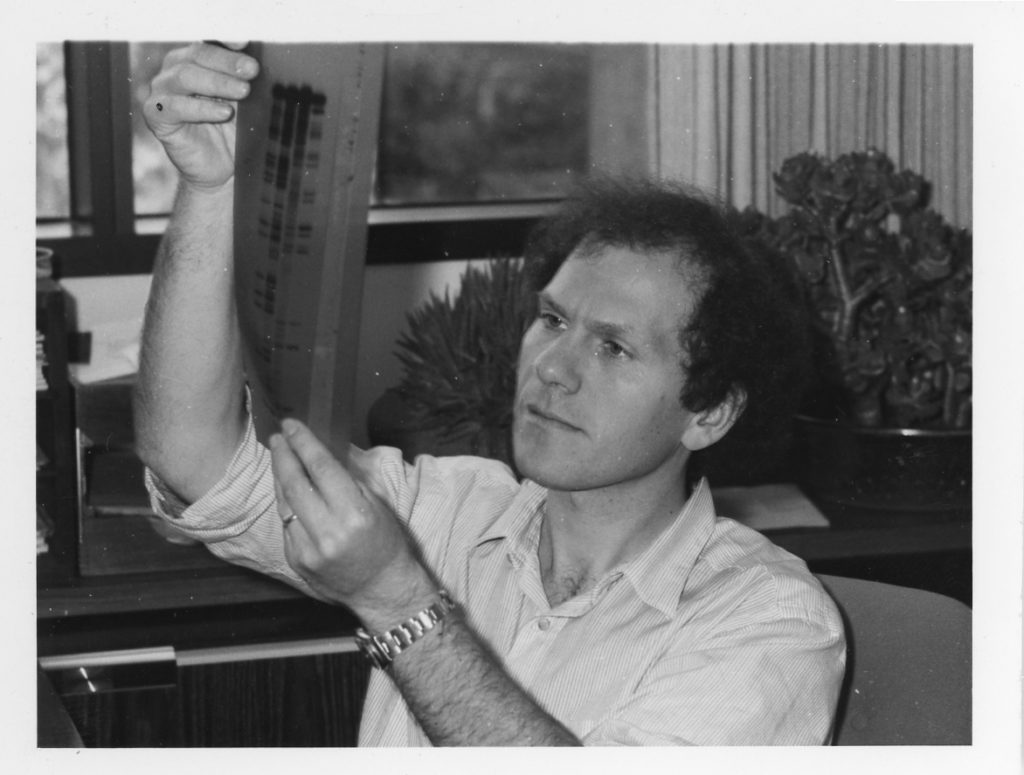
Michael Rosbash, a professor of biology at Brandeis University who won the 2017 Nobel Prize in Physiology or Medicine, said Grunstein spent a significant part of his career designing experiments around yeast, adding that his lab was able to demonstrate important principles for the field. Grunstein was a joint recipient of the 2018 Lasker Award, which is awarded to an individual during their lifetime for great contributions to medical science.
Witte said he and Grunstein would bond over conversations about teaching undergraduates. Grunstein was always supportive of colleagues in his field and positive about their work, Kornberg added.
“(He was) positive about his work, positive about the work of others and positive about other people,” Kornberg said.
Grunstein was also always supportive of giving opportunities to people who worked in his lab, Kurdistani said.
“He gave people that freedom to express themselves, to express their own curiosity, and be able to follow science where it might take them, so I think that was also one of the key attributes that helped him be a successful scientist,” he said. “He brought in people who were smart and driven and then basically let them loose and let them discover things on their own.”
Gelbart said Grunstein also enjoyed fine dining, drinking coffee and spending time with family. Grunstein was also an avid gardener, producing around three tons of avocados each year and hiring professionals to help pick them, Kurdistani said.
Grunstein also enjoyed playing tennis and dancing, Rosbash said, adding that one of his favorite memories of them spending time together was when they went swimming in a lake in Switzerland and emerged to find a platoon of soldiers applauding them.
Rather than grant money or publications, what was most important to Grunstein was making new discoveries, Kurdistani said.
“He really valued novel, paradigm-shifting-type discoveries,” he said. “That’s what he always advocated for when it came to evaluating faculty … for recruitment of new faculty, as well as the promotion and advancement of the faculty in the department.”
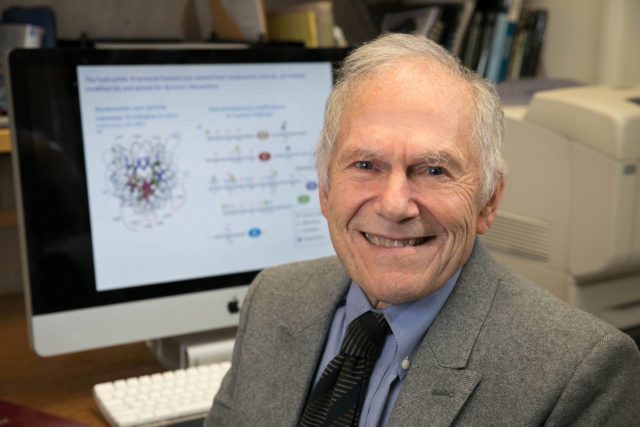

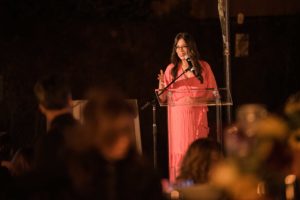
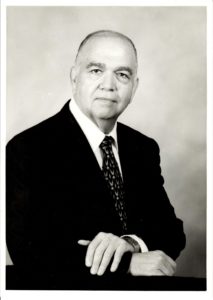

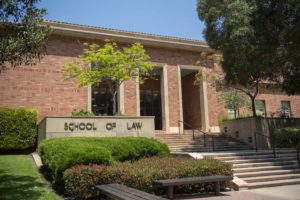
Comments are closed.